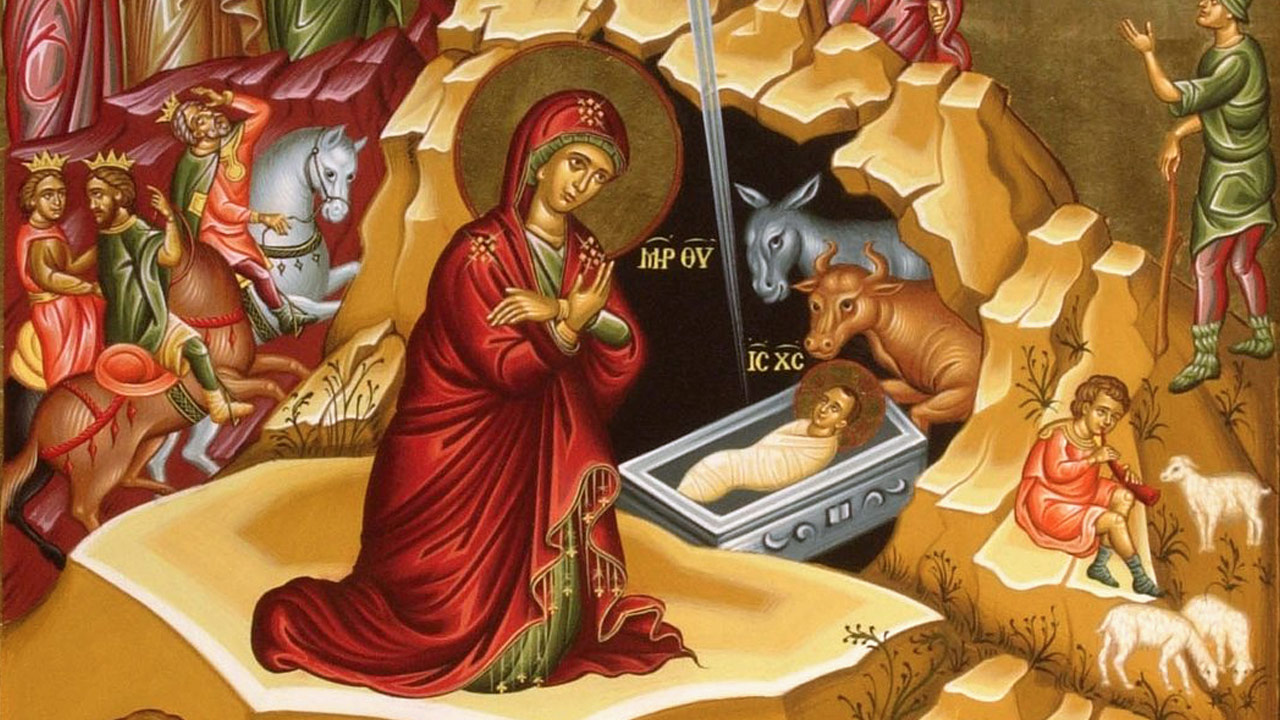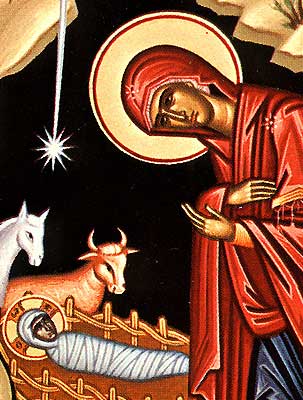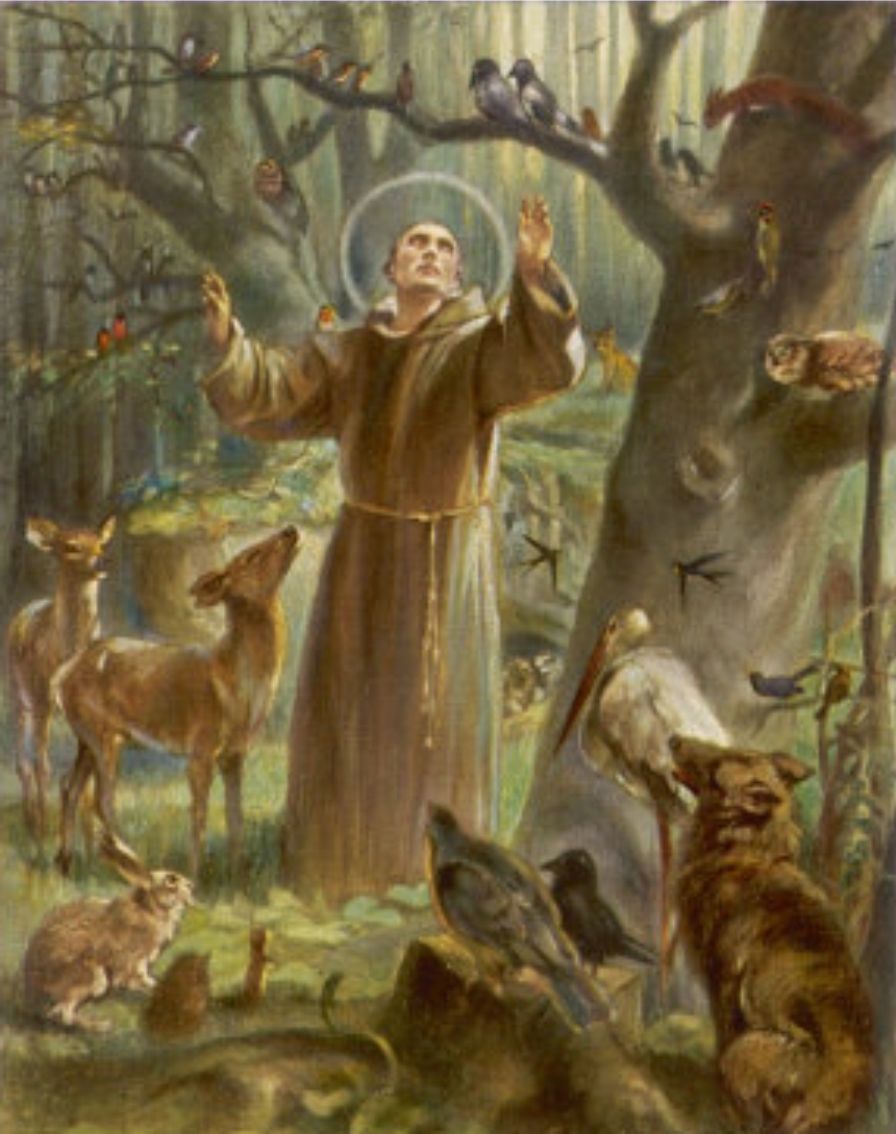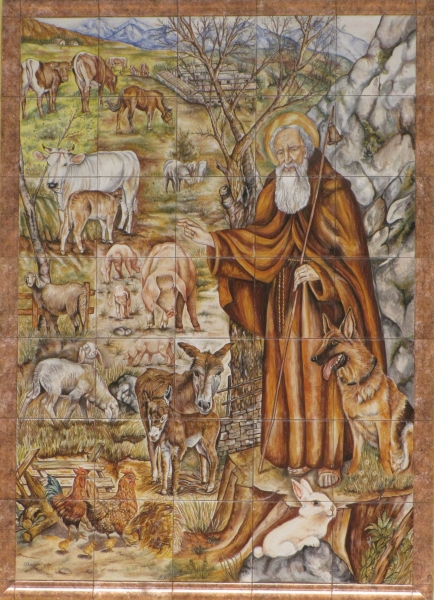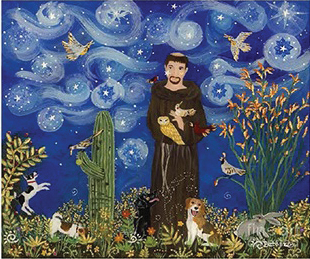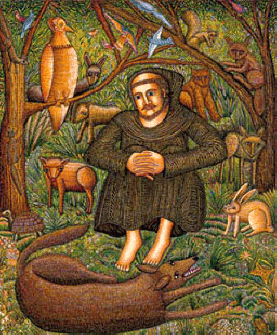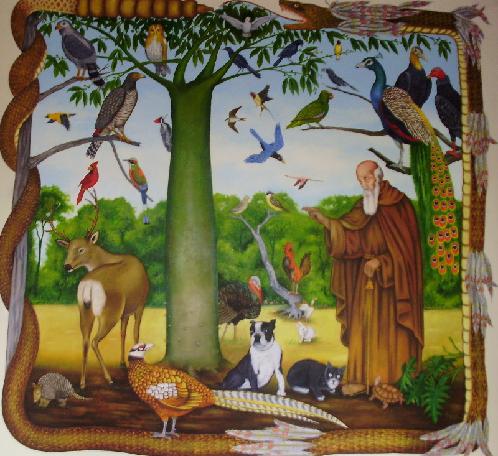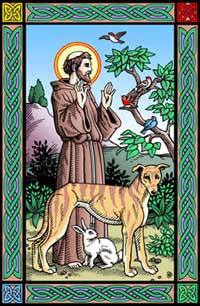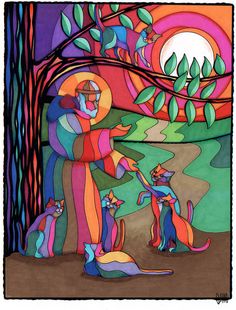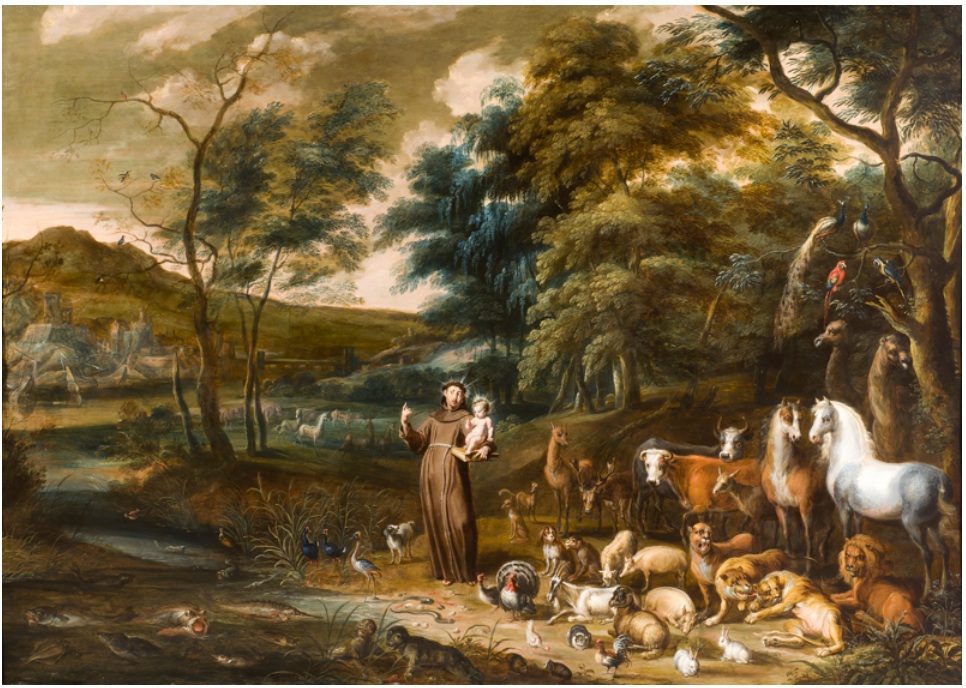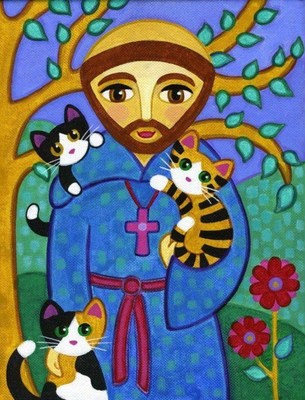r
Peacock (Respect towards Animals)
"How much do we owe the animals? Should we show them reverence and respect? Do we have definite duties towards them? Do animals have certain basic rights?" (31)
Yes, we should show them reverence and respect. Yes, we have definite duties. And, yes, they do have certain basic rights. However, there should be a limit to that. Humans are animals, but animals are not humans. I know this is a rather unpopular opinion, but from an evolutionary standpoint, animals do serve as our food. While I believe that the way we kill and use them for food should be with respect and without unnecessary harm, I still believe that the superiority humans have over animals exists for a reason. That reason is more biological and evolutionary than simply because humans have exerted their dominance over animals for centuries.
- Peacock brings up an interesting perspective on the extent to which we should respect animals. She believes that animals should be treated without cruelty when they are used for food but the idea of animals serving as our food is not wrong since it is biologically justified.
Bear Cub
"They shall not hurt nor destroy in all my holy mountain: for the earth shall be full of the knowledge of the LORD, as the waters cover the sea." (516)
This seems simple enough to me; I'm bought into the doctrine that we are going to live peacefully in this holy mountain. Squeeze on up brother and let's hang. I'm sure we can get all or target audience to buy into this. Giving the people all the information will help them know that this is the best decision for them.
- Bear Cub explains the quote as being a form of necessary information given to the people in order to inform them that we all must live in harmony in order to avoid major conflicts.
Stingray (The Practice of Compassion)
"This is my commandment, that you love one another as I have loved you. Greater love has no one than this, that someone lay down his life for his friends." (507)
Are love and compassion the same? In my exposure and understanding of the world love thus far, I have seen it almost entirely describe intense feelings of positivity and addiction between two mutually coveting people. Compassion, I understand as something even deeper than love. Something that is so raw and human that it stings. Compassion describes a tragically romantic affliction that brings happiness but also an inescapable pain. With this pain comes sadistic addiction, it is not just pain, it also takes the form of a want to be even close to the injured and limping soul of a friend.
- Southern Stingray defines compassion as a concept more substantial than love since it causes a desire to help others even when it causes one immense pain.
Black Jaguar (Animals and Christianity)
"The Eucharist is connected to animal sacrifices in the sense that it puts an end to all sacrifices and places the economy of God's relationship to the world in the framework of graceful giving, not the shedding of blood..." (511)
· For further justification (in the context of faith) that it is within the right of humans to kill or eat animals Leviticus 11 should be brought up in which God outlines the specifications an animal must meat in order to be 'clean' for consumption. If animals were not intended to be eaten then these requirements would not have been set in place. While it is completely possible that the blood and body of Christ took the place of eating other animals, I do not believe that vegetarianism is by any means promoted or rejected by the Bible, and to involve it in such arguments makes no sense.
- Black jaguar brings up an interesting point about the idea of animals in relation to Christianity. She thinks that vegetarianism is not promoted by the bible and Christianity should not be used to prove the justification of vegetarianism.
- In an attempt to answer these I had quoted from verse 6:38 of the Qur'an saying,"'There is not a moving (living) creature on earth, nor a bird that flies with its two wings, but are communities like you. We have neglected nothing in the Book, then unto their Lord they (all) shall be gathered.' It is also believed that the Prophet SWS said: 'Fear God in regards to these animals who can not speak their will. If you ride them, treat them accordingly (by making them strong and fit for that), and if you [plan to] eat them, treat them accordingly (by making them fat and healthy).' One of the biggest sins in Islam is to treat animals cruelly because it is believed that they are equal to us and also have souls and were created to be taken care of in return for their service to us."
Hedgehog (Respect towards animals)
"And the cow and the bear shall feed; their young ones shall lie down together: and the lion shall eat straw like the ox." (2).
This quote makes me think of the mantra that says children aren't born hating one another, they are taught hate. To me, imagining this scenario where 3 incredibly different animals, and in this case animals that would probably be predator/prey in the wild. all sitting together in relative tranquility is really heartwarming. This reminds me of a popular page on the site reddit, /r/animalsbeingbros. The page is full of animals playing with each other, with user contributions often displaying the most unlikely of animal friendships including between the oft antagonous dog and cat.
This quote ultimately serves as a reminder that despite appearance, we as living beings are not all that different from one another. And as a result we all have the capacity and obligation to treat others with respect that they deserve.
- Hedgehog equates animals with humans by stating that we are all living beings and therefore should deserve the same level of respect. There should be no reason one species should feel superior to the other.
Grizzly Bear (The Practice of Compassion)
"The Sage Hillel, an elder contemporary of Jesus of Nazareth,….. took the Biblical command in this universal spirit when he responded to the heathen who requested him to tell the Law while standing before him on one foot: "What is hateful to you, do not do to your friend. This is all of the Torah; the rest is the explanation -- go and learn".[8] . . . . To include all men, Hillel used the term "beriot"[11] when inculcating the teaching of love: "Love the fellow-creatures".[12] Hatred of fellow-creatures ("sinat ha-beriyot") is similarly declared by R. Joshua b. Hananiah to be one of the three things that drive man out of the world." (13)
I grew up living and breathing this quote. I learned about in Jewish day school, and I strive to live off of it in my words, actions, and ideas. I think when Hillel says "this is all of the Torah" he is suggesting that the entire Torah is based off of and stems from this idea of loving thy neighbor as thyself. This concept is to not feel above others, and to not treat others unjustly to your benefit but their expense. Often we think and act about how to further our own lives and our own agendas. Inherently that is not a problem. But we must recognize how our methods to go about this affect the lives of the people around us. Not only should we recognize the need to not deter others in their life paths, we should all want to assist our friends and families in their goal-orienting in dream-making processes.
- Grizzly Bear relates the concept of compassion to the teachings of Judaism. He states that their should be a genuine desire to help others instead of a sense of obligation.
Grizzly Bear (Respect towards Animals)
"Tell all the congregation of Israel that on the tenth day of this month they shall take every man a lamb according to their fathers' houses, a lamb for a household; and if the household is too small for a lamb..." (152)
There are instances in the Torah where we both kill animals to eat and for sacrifices. I think it's important to distinguish between that and something like hunting. I don't see a necessity for hunting. It's not important to and does not enhance my life. Additionally, it is not a use encouraged by God in the Torah. Eating animals on the other hand is. I follow the specific instructions given by only eating animals killed in a method called Shechita - the least-painful method of killing them. But I follow so many things in the Torah, and I value my belief there over the many groups hoping to convince me to become vegetarian.
- Grizzly Bear also believes that the act of killing animals is not wrong or unjust but the way they should be killed should be as painless as possible. We should respect animals but not allowing them to suffer and killing them painlessly.
Sea Turtle ( Respect towards Animals)
Animal protectionism, it argues, defined kindness to our 'silent friends' as a signature American value. Expanding their vision of the nation to include humanity's 'fellow creatures,' animal welfare leaders enthusiastically embraced what they called the 'gospel of kindness' to build a harmonious union, which could transcend the potentially divisive particularities of culture, region, race, religion, and class" (540).
One of the lectures in my American Animals classes detailed the relationship between the Second Great Awakening and the animal rights' movement. For background information, I read my professor's book, Dr. Davis's The Gospel of Kindness. The Second Great Awakening served as the impetus for the animal welfare movement, as change occurred in the idea of indiscriminate sympathy. Spanning from the 1790s to the 1840s, the movement marked a time of moral rebirth in American culture. Traveling preachers set up a multitude of "camp meetings," where public conversions took place by the hundreds, sparking a religious revival that quickly swept across the Eastern seaboard, South, and Midwest. Through these meetings, religion became widely accessible to everyone, a departure from the belief of "predestination," in which salvation only belonged to a select few. The theological and ideological facets of this reformed Christian identity engendered the rise of the anti-cruelty movement, boasting compassion, inclusion, and organized societies as panaceas for the social ills that plagued society.
- Sea turtle relates the topic of animal welfare to the Second Great Awakening since in this time the idea of indiscriminate sympathy was introduced. During this time the idea of compassion towards all beings was embraced.
Beluga Whale ( The practice of compassion)
What man of you, having a hundred sheep, if he has lost one of them, does not leave the ninety-nine in the open country, and go after the one that is lost, until he finds it? (504)
This is a prime example of compassion and selfless abandon. The shepherd cares so much about the life and well being of each individual sheep that he is willing to go off and search for a lost one, leaving the rest behind. The life of every sheep is critically important to him and he would not be able to carry on knowing that there was something he could have done to save the life of the lost sheep. We should be inspired by this story to pay more attention to the value of individual life. Often, we generalize and group people together in order to dehumanize and de-individualize them. By looking at each individual life and each individual story, we can have more compassion and treat others the way that we want to be treated.
- Beluga Whale admires the act of compassion by the Shepard since he values the life of each individual sheep. He believes that this a true act of compassion since he does not neglect any of the sheep and does nothing to dehumanize them.
Orca Whale (Respect towards Animals)
"I was at one time a vegetarian, and I used to read the Vegetarian News, but I never succeeded in convincing myself that eating animals is wrong. It may be crude; it may be unaesthetic - I do not see how you can regard a butcher's shop as a thing of beauty and a joy for ever but it is not wrong."(75)
- The argument that the consumption of animals is not wrong because the Lord "gave mankind dominion" will forever be a controversial one. Those who have a strong faith-based belief will forever believe that there is nothing morally wrong with eating animals. Even the argument that animals whose deaths are inhumane (as is the case in most of the meat industry today) is at times unconvincing. But I think the points made in films like Cowspiracy which bring about entirely undeniable ecological and environmental byproducts of meat consumption are more effective tools as far as explaining the merits of consuming less meat. I agree with the overall point that nobody will ever think of the eating of animals as something desirable, as is described in the analogy to the butcher, but I think if we want to make progress in decreasing mankin's overall meat intake, it has to be through cold hard facts like the ones presented in Cowspiracy.
- Orca Whale thinks that arguments made with hard facts on meat consumption are more convincing than unfounded statements made from an unknown source.
Lion (The practice of compassion)
"bearing with one another and, if one has a complaint against another, forgiving each other; as the Lord has forgiven you, so you also must forgive." p. 17
I think this is why I believe religion is powerful. In this quote, they basically taught people to be respectful to everyone and treat each other the way you would treat yourselves. Coming from a non-religion family, I took me a long time to fully understand and commit to this concept. But I was imagining if I were a Christian, it will make it much easier for me to implement this concept. Being so faithful in god, I would be willing to forgive other people since Lord has done it to humans. I found this to be the purpose of religion, where it gives reason to good behaviors and allows the followers to behave like that.
- Lion explains his respect for religion since it teaches people to forgive each other in order to live in harmony. He thinks religion is powerful since it teaches others to be compassionate and respectful.
Dank Deer (Respect towards animals)
"Whilst it is true that 'natural' life has a has a parasitical element to it, Christians should regard this as a result of the 'fallenness' of creation"(37)
I have a very devout Catholic friend that needs to hear this. He regards animal suffering as completely negligible because to him suffering is not what matters, but purpose. He sees the human purpose to be the usage of reason and flourishing, and the animal purpose to serve humans. I think he is wrong because I do not believe in god given purpose, but that is not something I should expect to convince him of. He shuts off his compassion and it pains me to witness him finding nothing wrong with factory farming in and of itself. The fallenness seems to at least be canon, so I will attempt to revive his compassion with it.
- Dank Deer explains how one of his friends uses religion as a justification of why he neglects the cruel treatment of animals. He disagrees with his friend since he believes we should all be compassionate towards animals.
Jellyfish (Compassion)
"Is it not to deal thy bread to the hungry, and that thou bring the poor that are cast out to thy house? When thou seest the naked,that thou cover him; and that thou hide not thyself from thine own flesh?" (3)
What interested me about this quote was the idea that sometimes we only help others out of our own discomfort. I am interpreting this quote as when we see someone who is naked, we cover them. However, when we ourselves our naked, we feel ok with it. We allow our discomfort to overpower someone else's decisions.
- Jellyfish discusses how compassion is sometimes practiced through our own discomfort. She explains that we place ourselves in uncomfortable situations in order to help others in worse conditions.
Elephant (respect towards animals)
"But the question remains: How much do we owe the animals? Should we show them reverence and respect? Do we have definite duties towards them? Do animals have certain basic rights?" (p. 31)
To a number of people in world, the question does not arise to begin with. And for those who do ponder from time to time, there are countless philosophies examined, papers written, and books published. Having examined a fraction of them as part of this class, I believe I've become well-equipped to justify my choices and my views on animals. And at this point, I am (emotionally) tired of talking about them and thinking about such ethics. The answer to the quote would be "a fair amount, yes, yes, and yes." Now we stop. Please.
- Elephant uses the knowledge he has gained from the various ideas we have read on carnism and animal cruelty to state that animals should be treated with respect but we only owe them a fair amount.
CONNECT,
HAMMER INTO UNITY: Your
Head and Your Heart




